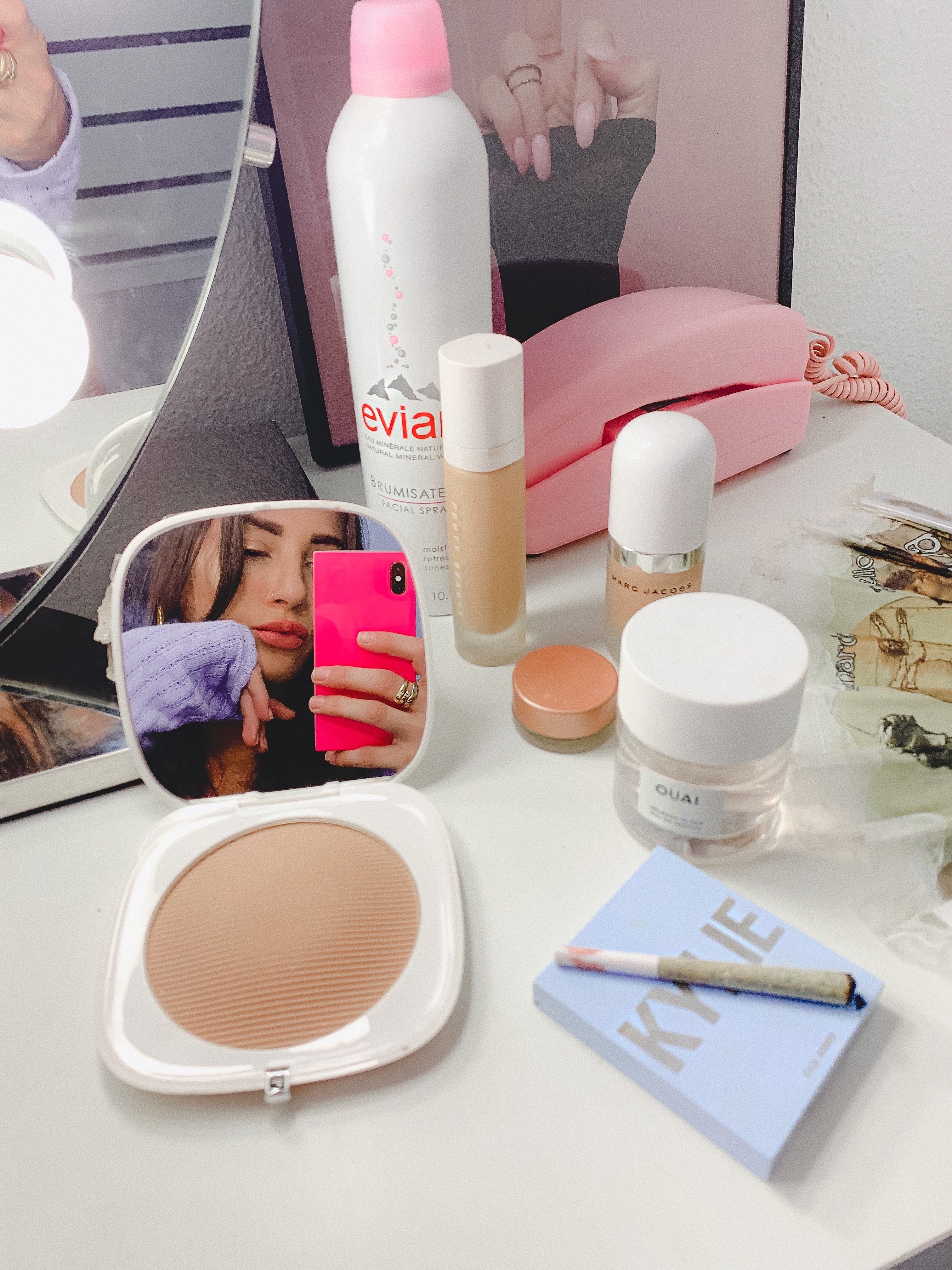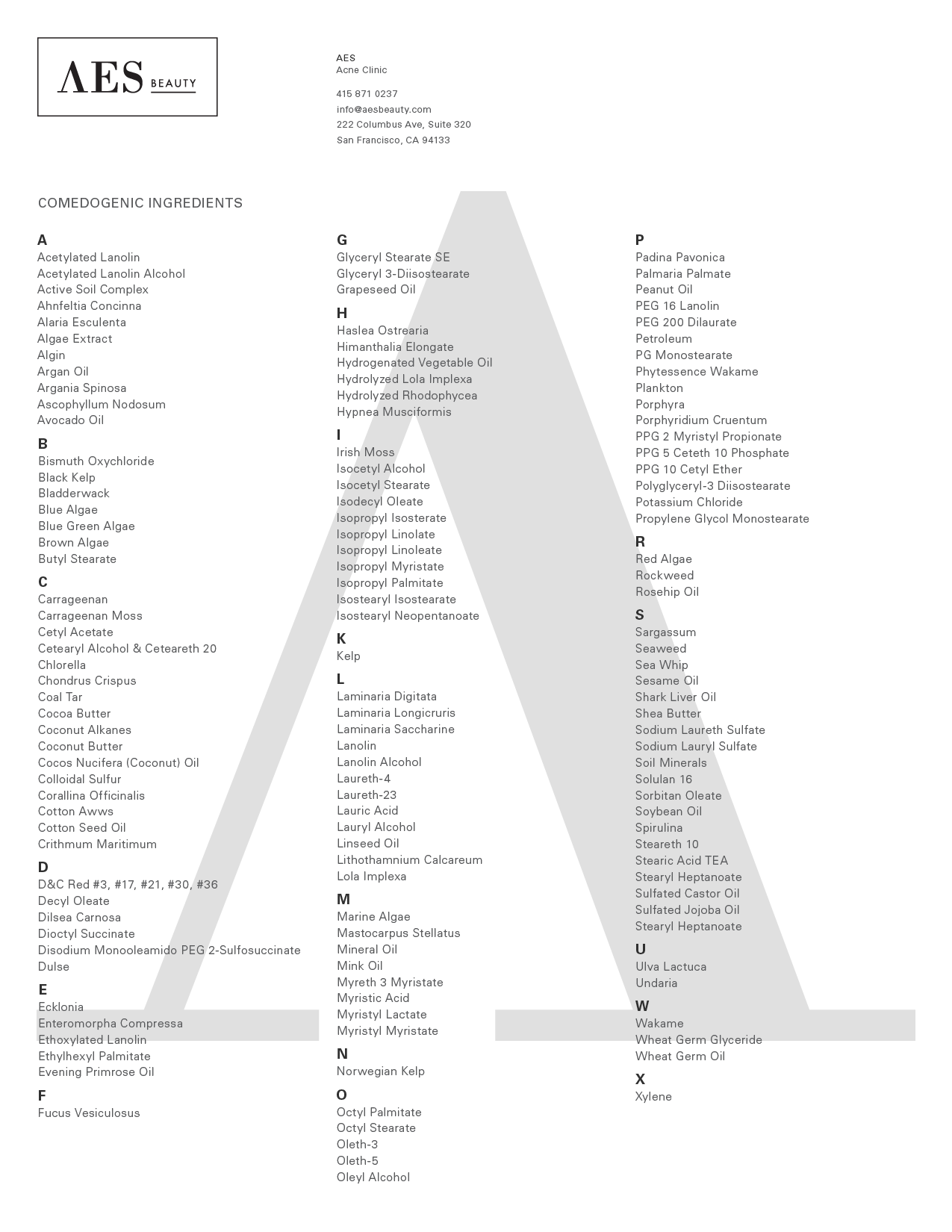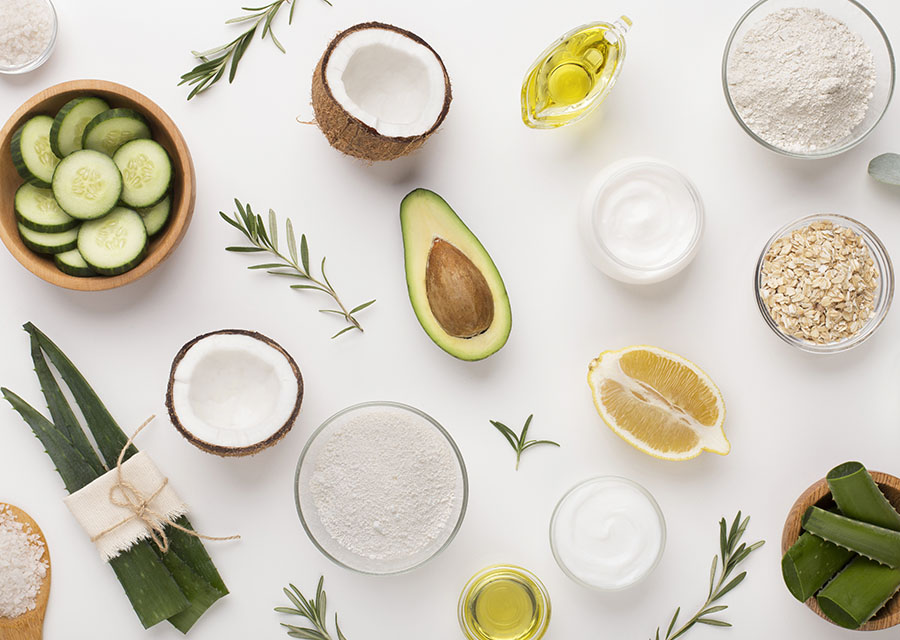
When it comes to your skin, what you put in your hair is as important
Comedogenicity is a scientific term that describes the potential of a substance to cause comedones. In other words, when a substance is comedogenic, it is likely to clog pores and lead to acne. To test a substance's ability to clog a pore, scientists can use two methods: Rabbit Ear Assay: testing on the skin of rabbit's ears - less.

Pore clogging ingredients to avoid for acne prone skin Acne prone
Comedogenic Grading Scale. This resulted in the development of a comedogenic grading scale that ranks ingredients on a scale of 0-5, where 0-2 causes no or very little pore blockage or irritation, meaning it's non-comedogenic, and 3-5 is more likely to cause pore blockage and acne breakout, meaning it's comedogenic: 0 - won't clog pores.

Pore Clogging Ingredients Checker Nutt So Ruff
Cost has nothing to do with acne-safe. "Organic" has nothing to do with acne-safe, as it all comes down to the size of the molecules in relation to our own natural sebum. While organic food is incredibly important for ingestion, topical rules are totally different. Organic coconut oil with just give you organic pimples!

Comedogenic (PoreClogging) Ingredients. If one of these is in the top
STEP 1: Google search your product by the full name of your product and add the word 'ingredients' at the end. STEP 2: Copy only the ingredients list and paste it in the form field below. STEP 3: Hit 'Check' and get the results! *If pore-clogging ingredients are identified, those ingredients will be listed.

Let's Talk PORE CLOGGING INGREDIENTS (full list + my clean beauty faves!)
When it comes to acne, pore clogging ingredients are often a big catalyst for chronic acne breakouts. Unfortunately, many popular makeup brands, haircare brands, and body care brands contain pore clogging ingredients that wreak havoc on acne prone skin. To ensure your skin clears (and stays clear), make sure to avoid skincare/body care/hair care products containing any of the following pore.

PORECLOGGING INGREDIENTS Pore, Acne prone skin, Oil free
Lanolin. "This is yet another occlusive ingredient that creates a film over the dermal layer, trapping dead skin cells, bacteria, and oil within the pores, which can worsen acne and breakouts," Palm explains. Nazarian also cites it as one of the more common pore-clogging ingredients out there. 06 of 07.

Comedogenic List Poreclogging ingredients to avoid if you have acne
Ingredient Checker Acne is triggered by many ingredients, foods and other lifestyle choices. In order to get clear skin and keep it that way, you must use products that are "acne-safe.". This includes anything you put on your face like makeup, and extends to hair care products as well. Always check the ingredients befor.

The Myth of Comedogenic Ingredients Skin Harmonics
Hit 'Check' and get the results! If pore-clogging ingredients are identified, those ingredients will be highlighted in RED. CHECK CLEAR. Why we created the pore-clogger checker tool X. To maintain healthy skin, especially if your skin is blemish-prone, don't ever put anything on your skin or hair without checking its full ingredient list for.

PoreClogging Ingredients in Skin Care
This tool will help you determine whether a product contains any pore-clogging ingredients. Products with comedogenic ingredients have the potential to clog pores and lead to breakouts or worsen acne conditions. To use the Pore Clogging Ingredients Checker, click below and simply follow the steps: Enter the list of ing

Deeper Conditioner Deep conditioner, Conditioner, Comedogenic
Acne pore clogging list. After all my trial and error, I have discovered some absolute ingredients that clog my pores. These are the ones you should stay away from and why they are on the pore clogging ingredients checker list. Coconut oil - I love coconut oil, especially in the kitchen. I also love that it's a natural ingredient that can.

porecloggingingredientsacneeducationsheet Acne, Pore, Ingre
Steareth-10. Stearic Acid Tea. Stearyl Heptanoate. Undaria Pinnatifida. Wheat. Wheat Germ Glyceride. Wheat Germ Oil. Xylene. Our pore-clogging ingredients checker lists the common ingredients in products that can cause acne breakouts.

PoreClogging Skincare Ingredients That Cause Acne Natural Acne Clinic
SkinSort's ingredient checker has been designed to be the most accurate and up-to-date ingredient analysis tool on the internet. But we always want to make it better. We value your feedback, and if you'd like to get in touch there's always a real human contactable at [email protected].

Check Your Skincare Products for PoreClogging Ingredients in ONE Easy
Copy and paste your product ingredients list into the box to check for pore clogging (comedogenic) ingredients. Note: Please separate ingredients with a comma. Press Alt+1 for screen-reader mode, Alt+0 to cancel

Pore Clogging Ingredients Which Ones To Choose Or Avoid
When a clear complexion is the goal, familiarizing oneself with common pore clogging or irritating ingredients can be a vital part of getting clear, as well as a huge save on time, money,. tablet or laptop to quickly check ingredients. Do a Google search for the name of the product followed by the word ingredients. Copy and paste the entire.

HOW TO CHECK MAKEUP FOR PORE CLOGGING INGREDIENTS in 2023 Face makeup
Now you can check your skincare and makeup produts for pore-clogging ingredients to ensure it is safe for your skin. Here's how: 1. Google the full name of the product with "ingredients" at the end. Example: "clean and clear foaming facial cleanser ingredients". 2. Copy the ingredients and paste it into the field below 3.

83 Pore Clogging Ingredients to Avoid If You Have Acne RaeDerma
Kligman scale is 0-3 with 3 being the most comedogenic The scale isn't always accurate since there are other factors that contribute to comedogenesis, but it is an excellent pore clogging ingredient checker. The other common rating system is the Fulton 0-5 scale. Here is a chart of pore clogging ingredients tested in a rabbit ear model.